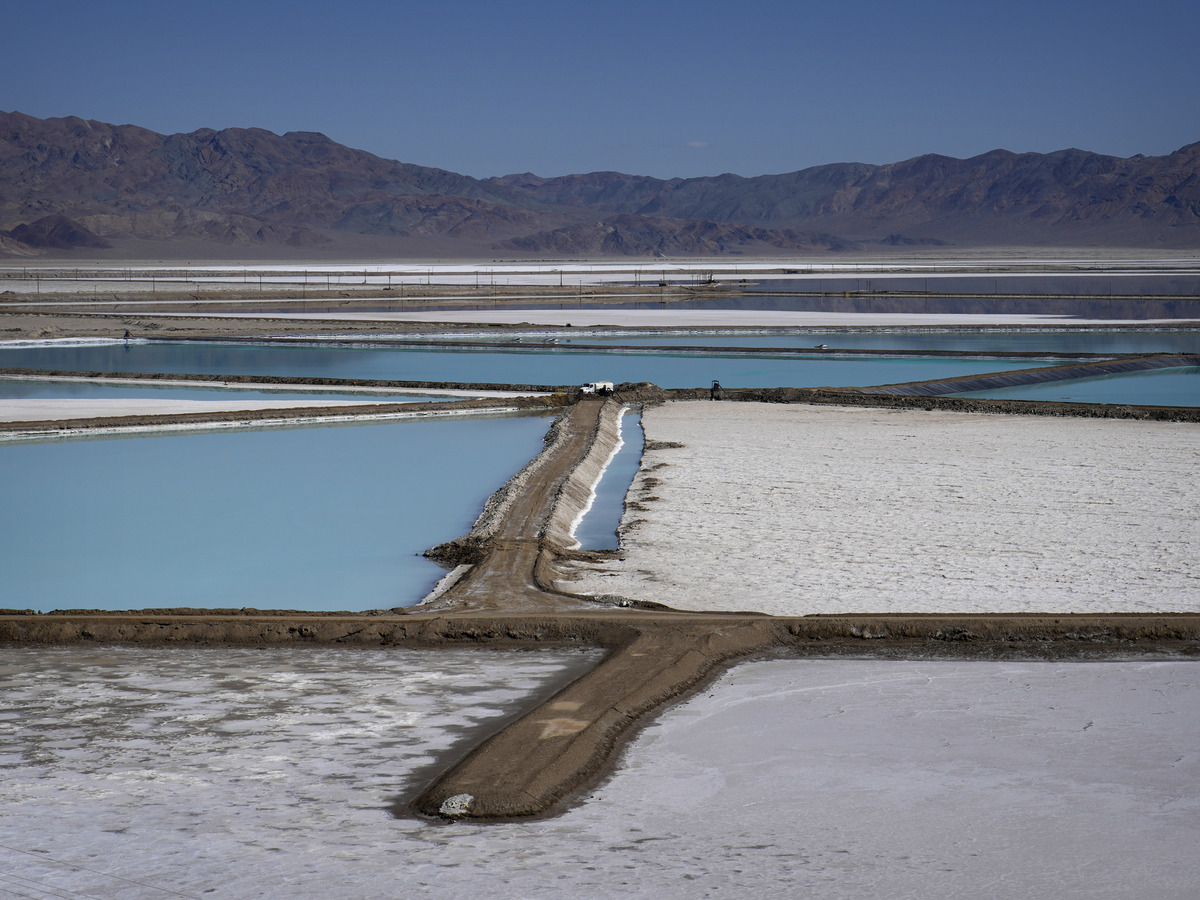
The Biden administration awarded $2.8 billion in grants to build and expand domestic manufacturing of batteries for electric vehicles in 12 states. John Locher/AP hide caption

The Biden administration awarded $2.8 billion in grants to build and expand domestic manufacturing of batteries for electric vehicles in 12 states.
John Locher/APThe Inflation Reduction Act signed into law by President Biden this year includes incentives for buying an electric vehicle, ideally to persuade people to ditch cars that run on gasoline and switch to EVs.
And as interest in electric vehicles grows, so is the demand for lithium - a key component of electric vehicle batteries.
One way to get more lithium is to open new mines — which could pose various environmental concerns.
But as NPR's Camila Domonoske reports, new mines aren't the only option.
Email us at
This episode was produced by Brianna Scott. It was edited by Lisa Lambert and William Troop. Our executive producer is Sami Yenigun.

 Live Radio
Live Radio